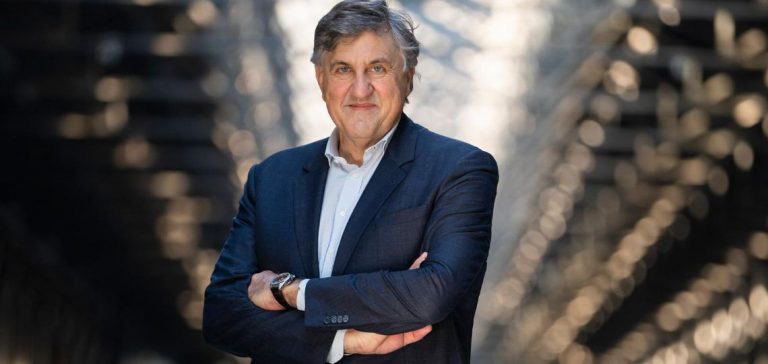Newcleo has already announced large-scale projects in France, including the construction of a prototype reactor by 2031 and the establishment of a reprocessed nuclear waste facility by 2030. The company aims to provide a credible and sustainable alternative to conventional nuclear technologies by capitalizing on the safety and modularity of its reactors. The goal is to reduce initial installation costs and minimize the inherent risks associated with such energy projects, which is a key challenge for the European nuclear sector seeking more flexible and cost-effective solutions. Simultaneously, the startup continues to expand its activities in Italy, where it plans to invest €133 million between 2025 and 2027 in a research and development center dedicated to nuclear materials in collaboration with the Istituto Italiano di Tecnologia. This center, located in Turin, will be a cornerstone for the development of SMR technology, working on material optimization for future reactors and supporting Newcleo’s R&D programs across Europe.
Institutional support and a growing European market
Institutional support in France is crucial for Newcleo, which has already secured a €20 million grant from Bpifrance for its prototype reactor project. This support could be bolstered by a potential minority stake from the public bank in the coming months, as Newcleo aims to finalize a €1 billion funding round to accelerate its European projects. The company’s strategy is to build a complete ecosystem for its operations, from waste management to energy production, relying on partnerships with local industrial players and research institutions. The political environment is also evolving in Newcleo’s favor. In Italy, the government has announced its intention to revise, by 2025, the regulations prohibiting the use of new nuclear technologies, potentially paving the way for a return of nuclear power to the national energy mix. This development could position Italy to benefit from next-generation reactor technologies developed by Newcleo, offering an opportunity for energy diversification while adhering to European decarbonation commitments.
Challenges and future perspectives
Although the company is well-financed and supported by numerous investors, including pension funds and engineering firms, it faces several challenges. The first is the scale-up of SMR technology, which requires sustained R&D efforts and regulatory validation in multiple European countries. Additionally, there are challenges related to raw material management, notably the availability of plutonium, which is necessary for the reactors’ operation. The decision to refocus its activities in France was partially influenced by the UK government’s refusal to allocate plutonium stocks to Newcleo for its initial projects. Nonetheless, the company has secured a strategic position in France, a country with both nuclear waste resources and unique expertise in this field. Newcleo aims to commercialize its first reactors by 2033, with a European deployment ambition. If the company meets these objectives, it could transform the perception of nuclear energy in Europe, making this technology not only a viable solution but also a major lever for the continent’s energy transition.
Newcleo is positioning itself as a key player in nuclear innovation in Europe, with a clear strategy for geographical diversification and strong financial backing. Its ability to navigate a complex regulatory environment and attract institutional funding will be crucial for the success of its projects and the future of the European nuclear sector.






















